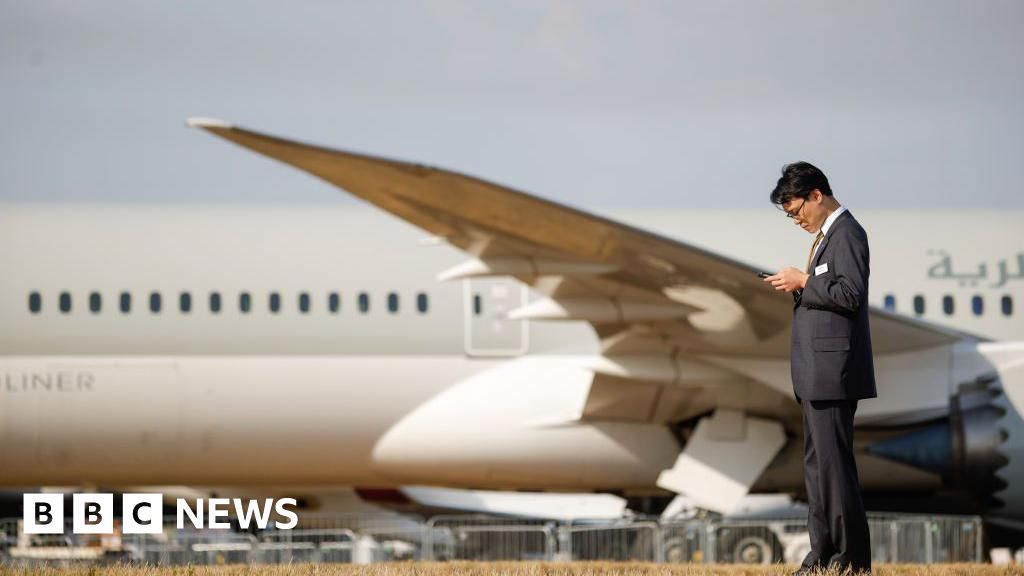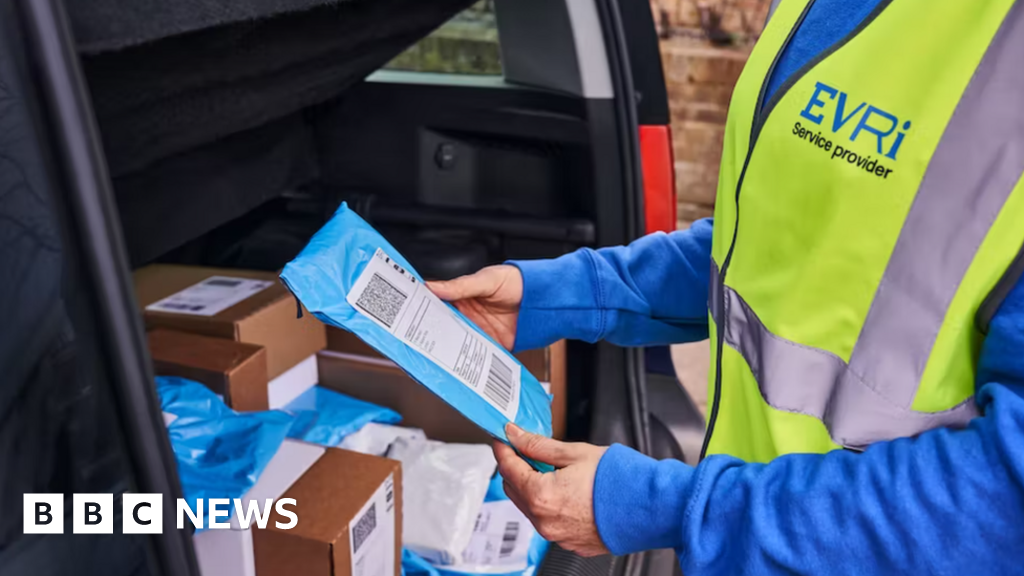ARTICLE AD BOX
Image source, Getty Images
The government has delayed introducing checks on EU goods entering the UK over fears it will disrupt supply chains and add to rising inflation.
Post-Brexit import controls on EU products had been due to begin in July.
But the government said "it would be wrong to impose new administrative burdens and risk disruption at ports" at a time of higher costs amid the war in Ukraine and rising energy prices.
It is the fourth time it has delayed EU import checks since the UK left the EU.
Brexit opportunities minister Jacob Rees-Mogg said the government was reviewing how it would implement checks on EU goods and "the new controls regime will come into force at the end of 2023".
He claimed that the delay "would save saving British businesses up to £1bn in annual costs".
Business groups welcomed the move.
"We are dealing with significant supply chain stress and inflationary costs this year and this would have made a bad situation much worse," said Shane Brennan, chief executive of the Cold Chain Federation.
The Federation of Small Businesses said: "Imposition of full import controls this summer would have meant yet another burden for small firms which are already wrestling with new trade rules and spiralling operating costs."

 3 years ago
49
3 years ago
49








 English (US) ·
English (US) ·